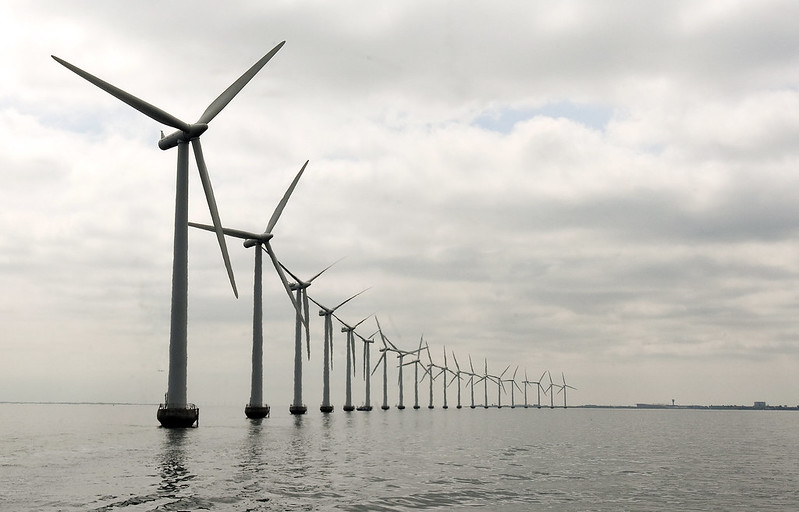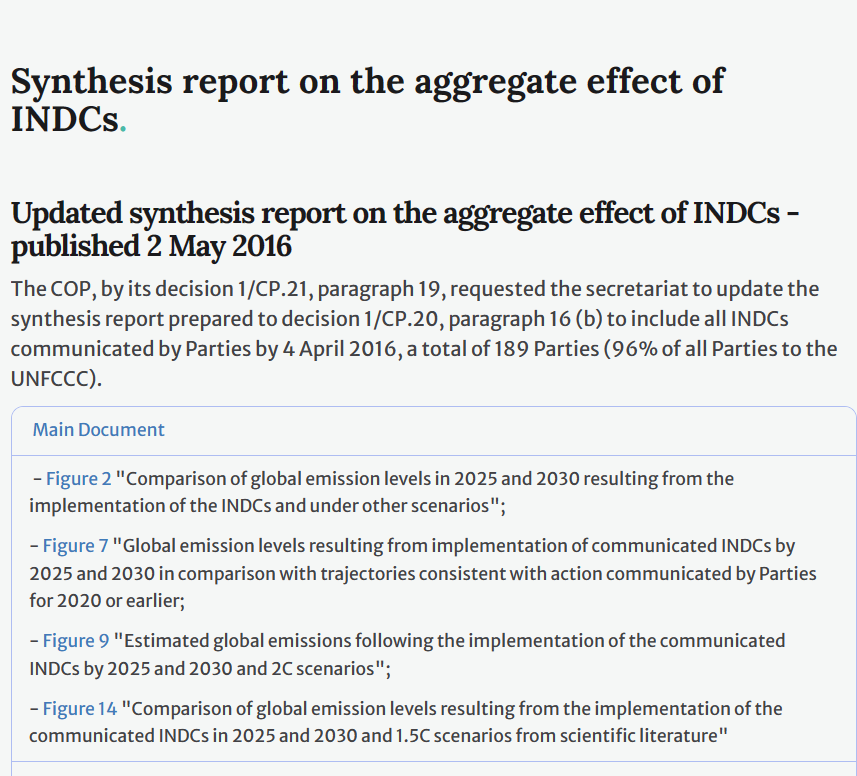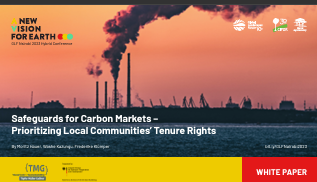
Topics and Regions
Landpages.co.ke is a medium of passing this message.
Details
Public Email
Location
Contributions
Displaying 101 - 110 of 740Informe Número 8 del Observatorio de Política de Tierra
Les presentamos una publicación donde procuramos la colaboración entre investigadores y docentes de los Departamentos de Tacuarembó y Cerro Largo de dos instituciones educativas públicas: el Consejo de Formación en Educación de la Administración Nacional de Educación Pública y la UDELAR.
Submission of Abstracts for FAO Land Tenure Journal
Nepal Federation of Indigenous Nationalities
New elements and dimensions of adaptation under the Paris Agreement (Article 7)
The Paris Agreement aims to strengthen the global climate change response by increasing the ability of all to adapt to adverse impacts of climate change and foster climate resilience.
How the energy transition is being hijacked by corporate interests
For over a century, energy multinationals have been wrecking the planet and exploiting people in pursuit of profit. Now, power producers and technology manufacturers are marketing themselves as ‘green’ to boost their reputation and benefit from public subsidies, grabbing lands, violating human rights and destroying communities along the way. Our investigation of fifteen ‘green’ multinationals conclusively shows that financial returns, not decarbonisation, is their primary business.
Intended Nationally Determined Contributions (INDCs)
The secretariat prepared a synthesis report on the aggregate effect of the INDCs. The report was published on 1 November 2015 and became one of the key documents for governments to understand their collective effort on climate change and to shape the discussions and negotiations in Paris.
Safeguards for Carbon Markets – Prioritizing Local Communities’ Tenure Rights
While emissions trading already began in the late 1980s and early 1990s, carbon markets can officially be traced back to the Kyoto Protocol of 1997. The Kyoto Protocol introduced market-based mechanisms allowing countries to trade emission allowances and invest in emission reduction projects overseas. On this basis, the European Union Emissions Trading Scheme (EU ETS) was launched in 2005, pioneering the introduction of large-scale, regulated carbon trading systems.
Beyond Land Titles: Pastoralists Find Security Amid Climate Change in Community Land Governance Mechanisms: A Case Study of How Stronger Local Community Land Governance Promotes the Climate Resilience of Local and Indigenous Communities in Kenya
This case study presents the unique example of pastoralist communities in Kenya who had traditionally been able to rely on their customary land governance systems to ensure their access to grazing land and to help them sustain their livelihoods in the face of drought. However, land laws that were passed by the colonial and post-colonial administrations in Kenya progressively replaced customary structures and practices with artificial formal/legal structures that bore no connection to the communities’ customs.
IP women challenge the intersection of gender and land rights inequalities
This case study highlights the vulnerability of women in Fiaferana, who are disadvantaged, first, by their gender and indigenous heritage, and second, by their lack of tenure security in the midst of climate change. However, the women of Fiaferana have met these overlapping challenges head-on through innovative and empowering strategies, including sustainable land use management.










